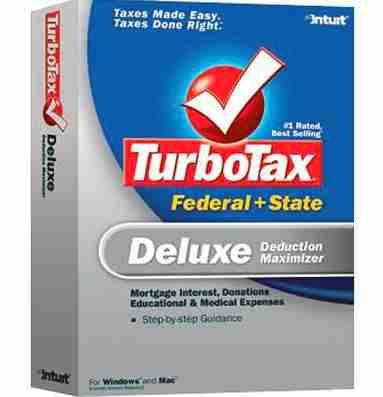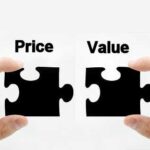Relative differences are rooted more firmly in our psychology then absolute differences. This is a way people respond irrationally that the savvy business person should understand and use to his advantage.
Let’s look at an example. Since today is tax day, let’s say you are in the market to buy a copy of Turbotax. You are in Best Buy and see it is selling for $39. Being a savvy shopper, you use your smartphone to check on prices and discover the same version selling for $32 across town; a $7 savings. Many buyers would leave Best Buy and travel 20 minutes across town to save $7.
Now let’s imagine that you want to buy a new 27-inch computer monitor. Standing in Best Buy, you see a Samsung monitor you did some research on for $269 dollars. Being a savvy shopper, again you search online and discover the exact same monitor for sale across town for $263 dollars; a $7 savings. Same $7 savings, right?
However, no buyer would bother to drive across town to take advantage of the same $7 savings. Why? The answer lies in relative price psychology. The savings on TurboTax was an 18% savings, while the savings on the monitor was only a little more than 2%. A savings of $7 is a saving of $7 but based on the overall price of an item we value that savings differently.
This quirk in human psychology can be exploited by entrepreneurs. If you sell low cost items or have a low cost service where the customer comes to you, discounts relative to your competition are viewed as a big deal. However, if you sell higher cost items or offer higher cost services, discounts of a few dollars have little incentive value to get a customer to travel to you. They may in the end simply have a negative effect on your bottom line.
Do you consider relative price psychology when pricing your product or service?












